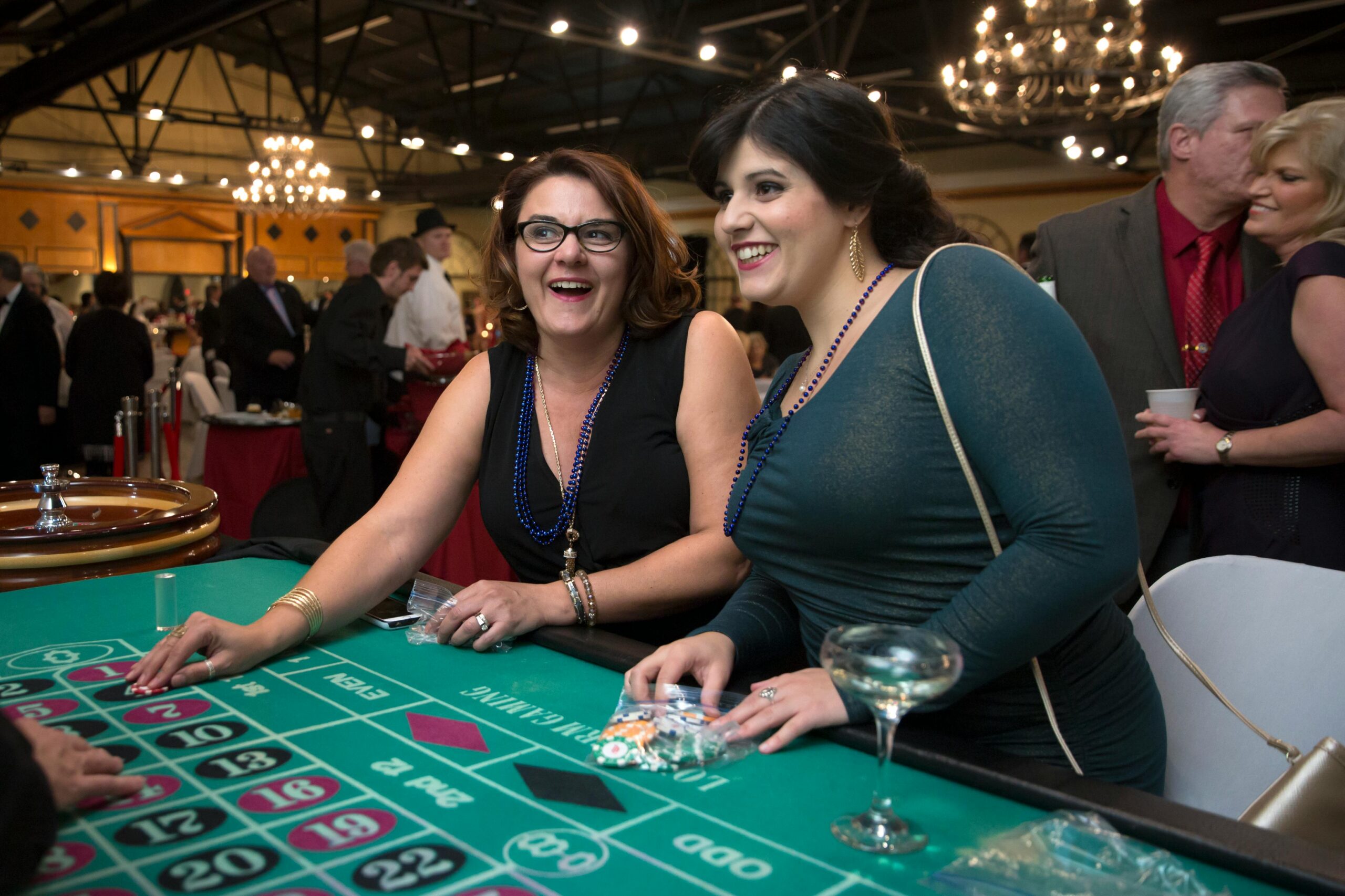
Film gambling scenes captivate audiences with their mix of chance, risk, and emotion. They often place characters at pivotal moments, forcing high-stakes decisions in intense situations. These scenes create a palpable tension even for viewers unfamiliar with every game rule.
Many films have used gambling as a backdrop and a crucial narrative element. Some explore the rush of high-stakes bets, while others focus on the consequences of pushing limits too far. These stories resonate because they mirror real-life choices—only magnified—offering audiences both excitement and emotional connection.
Let’s explore how filmmakers use gambling to build drama, challenge characters, and craft unforgettable moments.
Depicting Gambling on Screen
In movies, gambling functions as more than a simple plot device. It’s effective for generating immediate tension, especially when characters risk everything. Directors often highlight games like roulette and poker, using intense sound effects, dramatic close-ups, and deliberate pacing to emphasise the emotional stakes.
Hollywood films frequently feature bold moves, rapid pacing, and high-risk scenes that keep viewers on edge. Meanwhile, British productions often adopt a more character-driven approach, building quiet tension and emotional complexity. Films from other countries—such as Canada, France, and Japan—bring their unique perspectives to gambling in cinema.
Canadian portrayals, in particular, demonstrate how a more restrained setting can still carry significant emotional weight. Characters often grapple with personal struggles as they gamble, fostering more profound audience empathy.
Even without the glamour of Las Vegas or London, films that feature roulette in Canadian casinos depict risks that feel just as real, pulling viewers into the characters’ journeys.
Casino (1995)
Martin Scorsese’s Casino is widely regarded as one of the most detailed examinations of the gambling industry. Set in Las Vegas during the 1970s, the film follows the rise and fall of a casino boss, revealing the intricate business dealings, corruption, and personal costs involved. It’s not just about cards or chips; it’s about power and control.
What sets this film apart is its exploration of the system behind the games. Casino operations, mob influence, and business partnerships add layers of tension. Characters gamble with more than just money—sometimes with their very lives—making each scene feel weighty and consequential.
Rounders (1998)
Rounders dives into the underground poker scene in New York. The lead character, a law student, returns to gambling to help a friend despite knowing the risks. It’s a story of skill, trust, and the profound consequences of personal choices, inviting viewers to reflect on the impact of such decisions.
Poker in this film isn’t merely a game; it shapes the characters’ existence. Players read opponents’ expressions, conceal emotions, and rely on strategy to win the hand and secure their futures. These tense interactions draw audiences into the complex psychology of risk-taking and loyalty.
The Gambler (2014)
The Gambler offers a darker portrayal of gambling through the story of a university professor battling a severe addiction. He isn’t gambling for entertainment or wealth; he’s chasing an elusive feeling he can’t fully define. Each bet pushes him further into dangerous territory.
The film effectively illustrates the mental and emotional toll of constant risk-taking. It’s not just about losing money—it’s about losing control, damaging relationships, and spiralling into chaos. Viewers witness the difficulty of breaking free from the destructive cycle as the stakes rise.
21 (2008)
In 21, college students are trained to count cards and beat Las Vegas casinos. Their plan initially succeeds, but success brings new complications. Based on real events, the film adds more tension to the story.
As the group delves deeper into the world of high-stakes gambling, pressures mount from both internal conflicts and external threats. Arguments erupt, greed takes hold, and their teamwork unravels. The film demonstrates how even a well-devised plan can quickly derail when emotions and egos interfere.
Molly’s Game (2017)
Molly’s Game tells the true story of a woman who creates one of the world’s most exclusive underground poker networks. Unlike many gambling films, it focuses on the organiser rather than the players, offering a fresh and engaging perspective.
Molly must navigate legal threats, personal safety concerns, and complex moral dilemmas—all while managing her high-profile clientele. Her role proves just as perilous as that of any gambler. The film underscores that controlling the game doesn’t guarantee immunity from its consequences.
Final Thoughts
Gambling on screen captivates because it delivers instant tension and high emotional stakes. These films reveal how a single decision, a moment of boldness, or even a seemingly minor risk can alter everything. From the dazzling lights of Las Vegas to quieter tables featuring roulette in Canadian casinos, gambling provides a stage for characters to expose their true selves.
Audiences are drawn to these stories not just for the games but for the intense choices and pressures that define them. It’s a thrill that feels authentic—without the real-life consequences.
